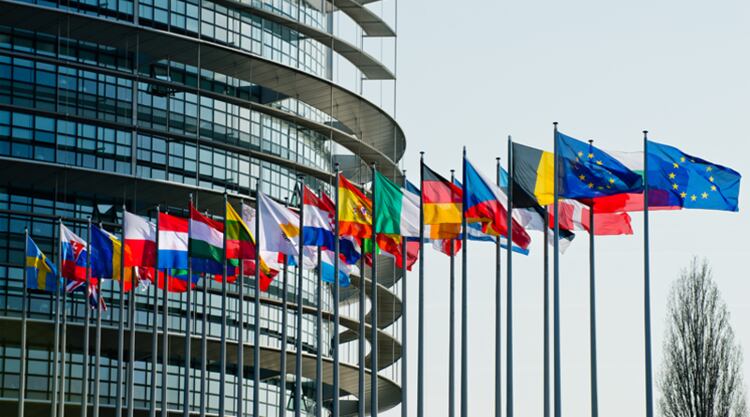The current novel food regime, governed by Regulation (EU) 2015/2283, has been applicable since 1 January 2018. One of the salient elements of this Regulation is the introduction of a system of generic authorisations.
This means that, provided that the conditions of use, labelling requirements and specifications of the authorised food are respected, any food business operator can use and place the already authorised novel food on the market, as opposed to only the authorisation holder.
However, this system has its limits.
Article 26 of the Novel Food Regulation provides that the European Commission can, at the request of the applicant, duly justified by appropriate and verifiable information, grant data protection to the applicant of the novel food.
But contrary to what the name suggests, data protection is not a confidentiality protection but a commercial exclusivity that is granted to the novel food authorisation holder.
Actually, the basic principle is that only the applicant specified in the Union list of novel foods is authorised to place the product on the market of the European Union.
The data thus protected may not be used for the benefit of a subsequent application for five years from the date of authorization. Consequently, this regime, de facto, overrides the intended generic nature of the Novel Food authorisation.
Three conditions must be met to be granted data protection:
- The newly developed scientific evidence or scientific data must have been designated as proprietary by the initial applicant when the first application was made;
- The initial applicant must have had the exclusive right on the scientific data and evidence and, most importantly,
- The Commission must be convinced that the novel food could not have been authorised by EFSA without this scientific evidence and data.
This exclusivity aims to reward research and development and incentivize innovation. Indeed, it seems fair that a company that spent several years (and a lot of money) to develop an elaborate dossier be offered some protection.
But it does not end there.
Actually, the Regulation does not forbid a food business operator to enter into a commercial agreement with the initial applicant either to place directly on the market the authorised product or use the scientific data to accelerate their own application. This saves time and money for the subsequent applicant while at the same time respecting the efforts of the first applicant.
At this stage, the Commission is no longer involved.
However, it will have to be made aware of this arrangement as, from a procedural standpoint, the original authorisation will have to be amended. This application for an “extension of use” is done online via the Commission’s E-Submission Food Chain Platform ands includes a description of the commercial arrangement.
As an example, the almost six novel food authorizations for insects are under discussion for being “licensed”. Actually, the interests at stake are high and these ingredients highly touchy. Several non-EU companies are really interested in negotiating the use of the novel food authorization granted to the benefit of YNSECT and IPIFF trade association.
However, the financial conditions of the deal will be kept confidential, only the name and use of the subsequent holder will be communicated to the European Commission to properly update the Novel Food Union list.




